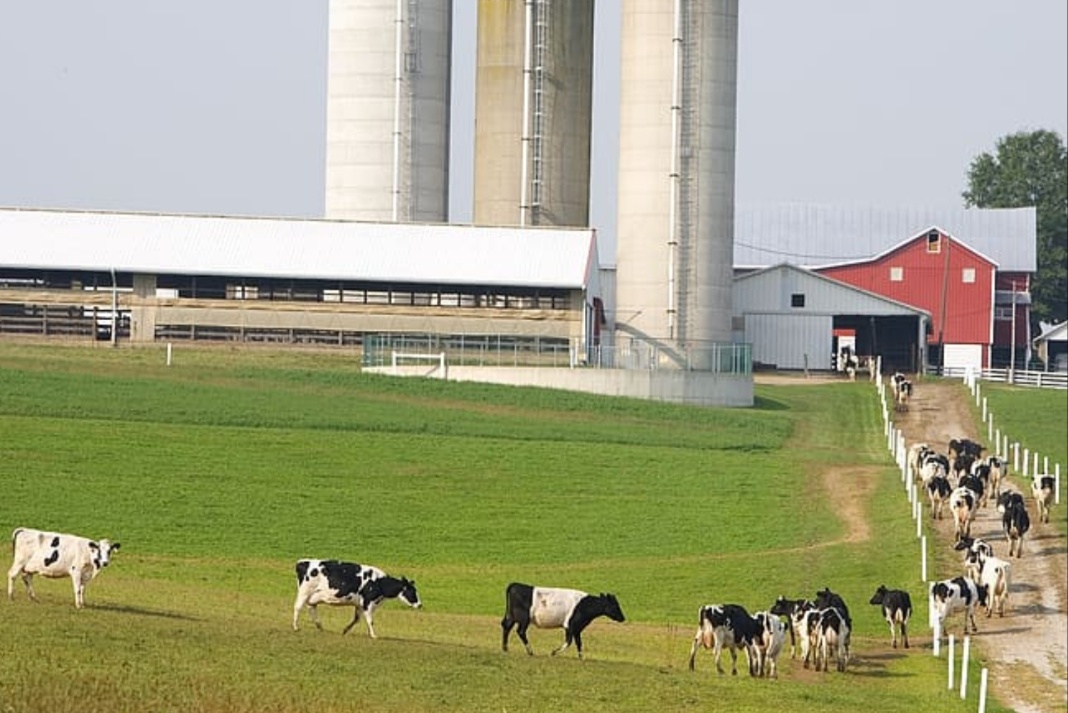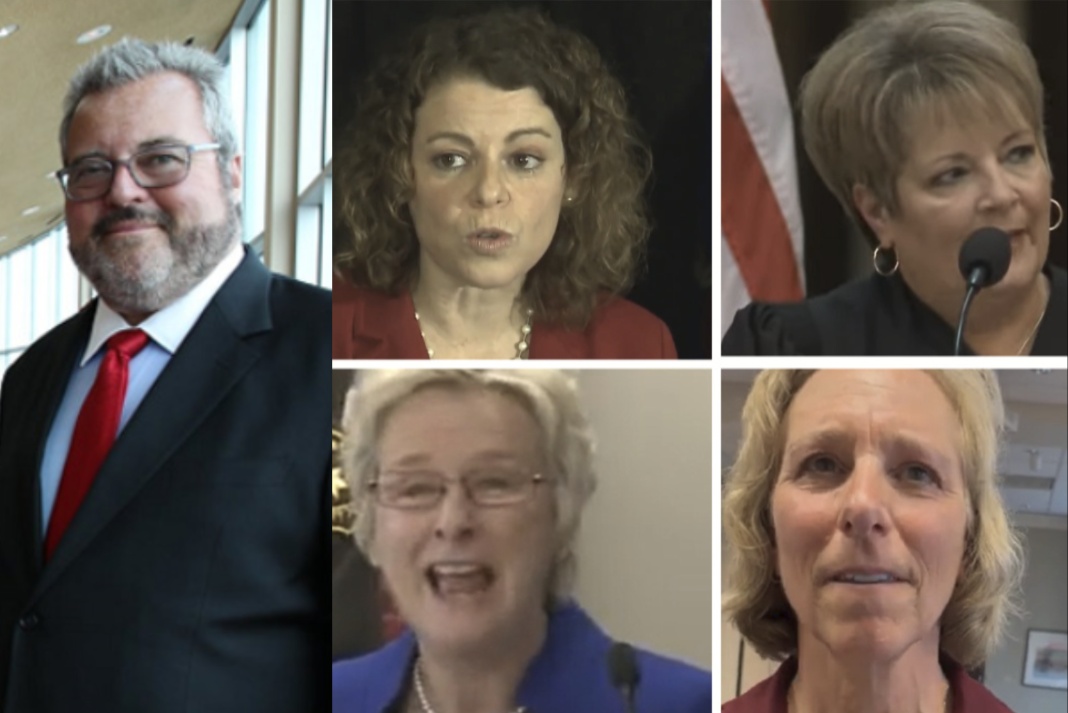Dairy farmers in Wisconsin are happy to deal with one less set of regulations now that the United States Supreme Court has scuttled the Environmental Protection Agency’s Waters of the United States rule.
“For too long unelected bureaucrats in Washington have run amok, punishing farmers and landowners under this draconian rule,” Kim Bremmer, executive director of Venture Dairy Cooperative, said. “The EPA should have to follow the letter of the law, as they require farmers to.”
The high court last week unanimously ruled that the EPA went too far with the WOTUS rule. That rule offered a broad definition of what the federal government considers “water” for the sake of environmental regulations.
Under the vague WOTUS rule, wetlands, farm fields, and even ditches could be considered bodies of water, and therefore under the EPA’s regulatory reach.
“Prior to this decision the EPA had interpreted the Clean Water Act to allow the agency to regulate any water ‘adjacent’ or with a ‘significant nexus to’ a navigable water. This standard was vague, and inconsistent with Federal law, per the Court,” the co-op said in a statement. “The Court was particularly troubled by the vagueness of the rule’s definitions given the potential for criminal penalties under the Act.”
Cindy Leitner, president of Wisconsin Dairy Alliance, concurred.
“The Supreme Court of the United States got it right,’ Leitner said. “Farmers are not afraid of regulation per se, but they cannot operate with uncertainty. The EPA’s definition was so vague that nearly every bit of wet ground might be considered a ‘water’ of the U.S. Living under this uncertainty was untenable.”
Not everyone in Wisconsin is as happy with the ruling as the state’s dairymen.
The Wisconsin Wetlands Association said the Supreme Court rolled back protections and threatened to undo 50 years of wetland protections.
“Wisconsin has embraced and embodied this philosophy for years. Our leaders have never allowed federal policy to dictate where, how, or why we protect wetlands. As a result, the majority of Wisconsin wetlands and streams that lost federal protections today remain protected under current state law,” the association said in a statement.






















